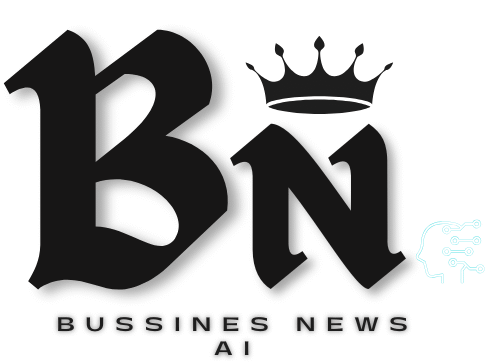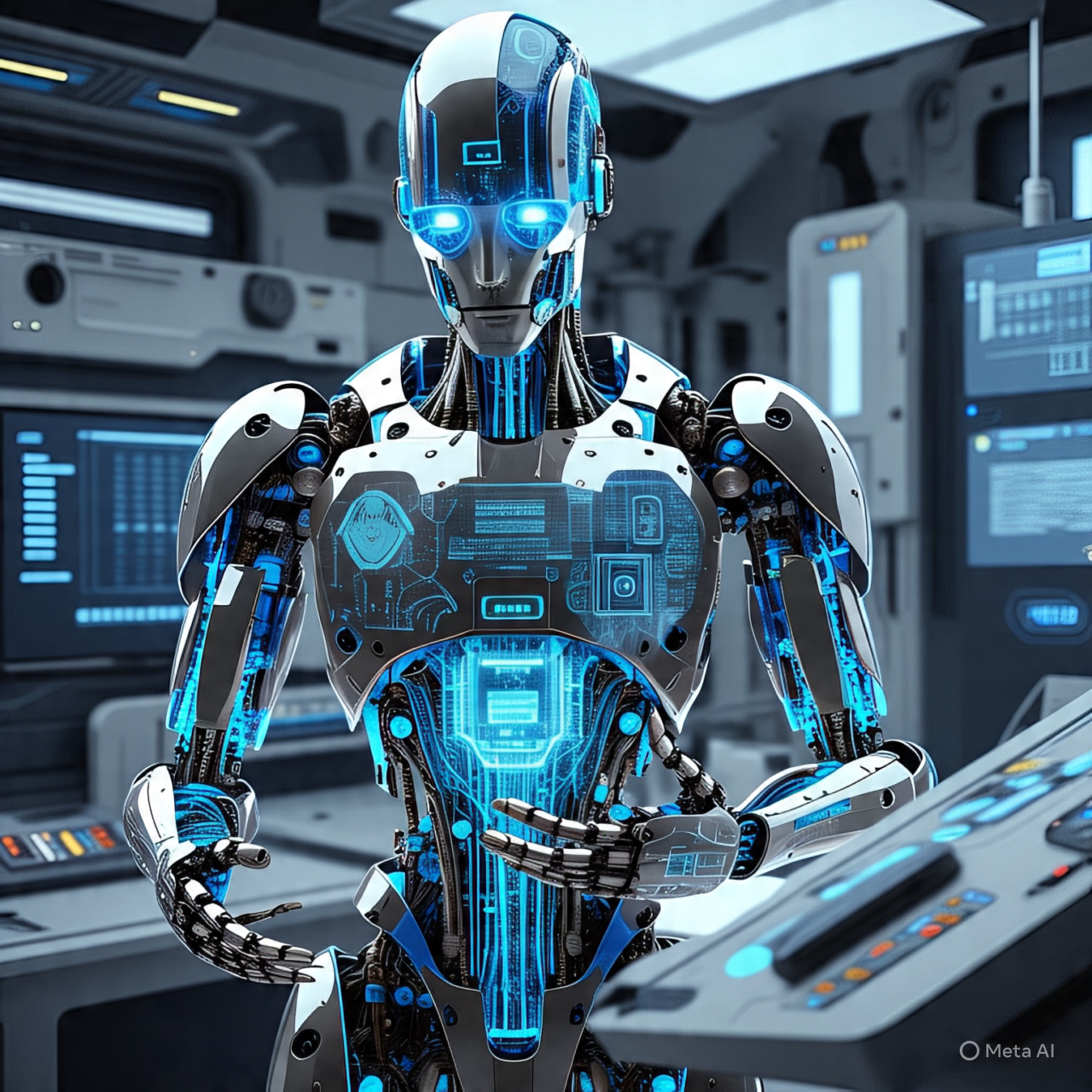Artificial Intelligence (AI) is no longer a futuristic concept confined to science fiction; it is a transformative force that is reshaping industries, redefining human experiences, and revolutionizing how we interact with technology. As AI continues to evolve, its integration with various branches of technology is driving innovation at an unprecedented pace. From healthcare and education to transportation and entertainment, AI is playing a pivotal role in enhancing the capabilities of modern technology.
What is AI?
Artificial Intelligence refers to the simulation of human intelligence in machines. These machines are designed to think, learn, and make decisions, mimicking human cognitive functions such as problem-solving, pattern recognition, and language understanding. AI can be classified into two types: narrow AI, which performs specific tasks (e.g., voice assistants like Siri), and general AI, which is still under development and aims to perform any intellectual task a human can do.
Integration of AI with Modern Technology
The integration of AI with technology has resulted in numerous breakthroughs. In software applications, AI is powering smarter algorithms that can personalize user experiences, detect anomalies, and automate repetitive tasks. Machine learning, a subset of AI, allows systems to learn from data and improve over time without being explicitly programmed. This is particularly useful in areas like data analytics, where AI can uncover insights that humans might overlook.
In hardware, AI is enhancing the performance of devices through advanced sensors, processors, and embedded systems. For instance, smartphones today use AI to optimize battery life, improve camera performance, and enhance security through facial recognition. Similarly, AI chips are now being built into consumer electronics, cars, and industrial machines to enable real-time decision-making and automation.
AI in Industry and Business
Businesses are rapidly adopting AI to improve efficiency, reduce costs, and gain a competitive edge. In manufacturing, AI is used for predictive maintenance, quality control, and supply chain optimization. In finance, AI algorithms detect fraud, assess credit risk, and provide personalized investment advice. Customer service has also been revolutionized by AI-powered chatbots and virtual assistants that provide 24/7 support.
The retail sector uses AI to personalize shopping experiences, manage inventory, and predict consumer behavior. E-commerce platforms like Amazon leverage AI to recommend products based on past behavior and preferences, increasing sales and customer satisfaction.
AI in Healthcare and Education
One of the most impactful areas where AI is making a difference is healthcare. AI-driven diagnostics tools can analyze medical images, detect diseases such as cancer, and assist doctors in making more accurate diagnoses. AI is also helping in drug discovery, accelerating the development of new treatments by analyzing large datasets of chemical compounds and patient records.
In education, AI is being used to create adaptive learning platforms that cater to individual learning styles and paces. It can automate administrative tasks, provide intelligent tutoring, and offer personalized feedback to students. This helps educators focus more on teaching and less on routine work.
Ethical Considerations and Challenges
Despite its benefits, the rise of AI also brings significant challenges and ethical concerns. Issues such as data privacy, algorithmic bias, job displacement, and the potential misuse of AI-powered surveillance systems are critical topics of debate. Ensuring transparency, accountability, and fairness in AI systems is essential to prevent harm and maintain public trust.
Governments, tech companies, and international organizations are working on regulations and frameworks to ensure the responsible development and deployment of AI. Ethical AI development focuses on human-centric values, such as inclusivity, diversity, and safety.
The Road Ahead
As we look toward the future, the fusion of AI with emerging technologies like 5G, blockchain, quantum computing, and the Internet of Things (IoT) promises even more transformative changes. These technologies will amplify each other’s capabilities, creating intelligent ecosystems that can solve complex global challenges—from climate change and energy management to personalized medicine and autonomous transportation.
In conclusion, AI is not just a tool but a catalyst for the next technological revolution. Its integration with technology is unlocking new possibilities and pushing the boundaries of what machines can do. As we embrace this change, it is crucial to balance innovation with responsibility, ensuring that AI serves the greater good of humanity.











